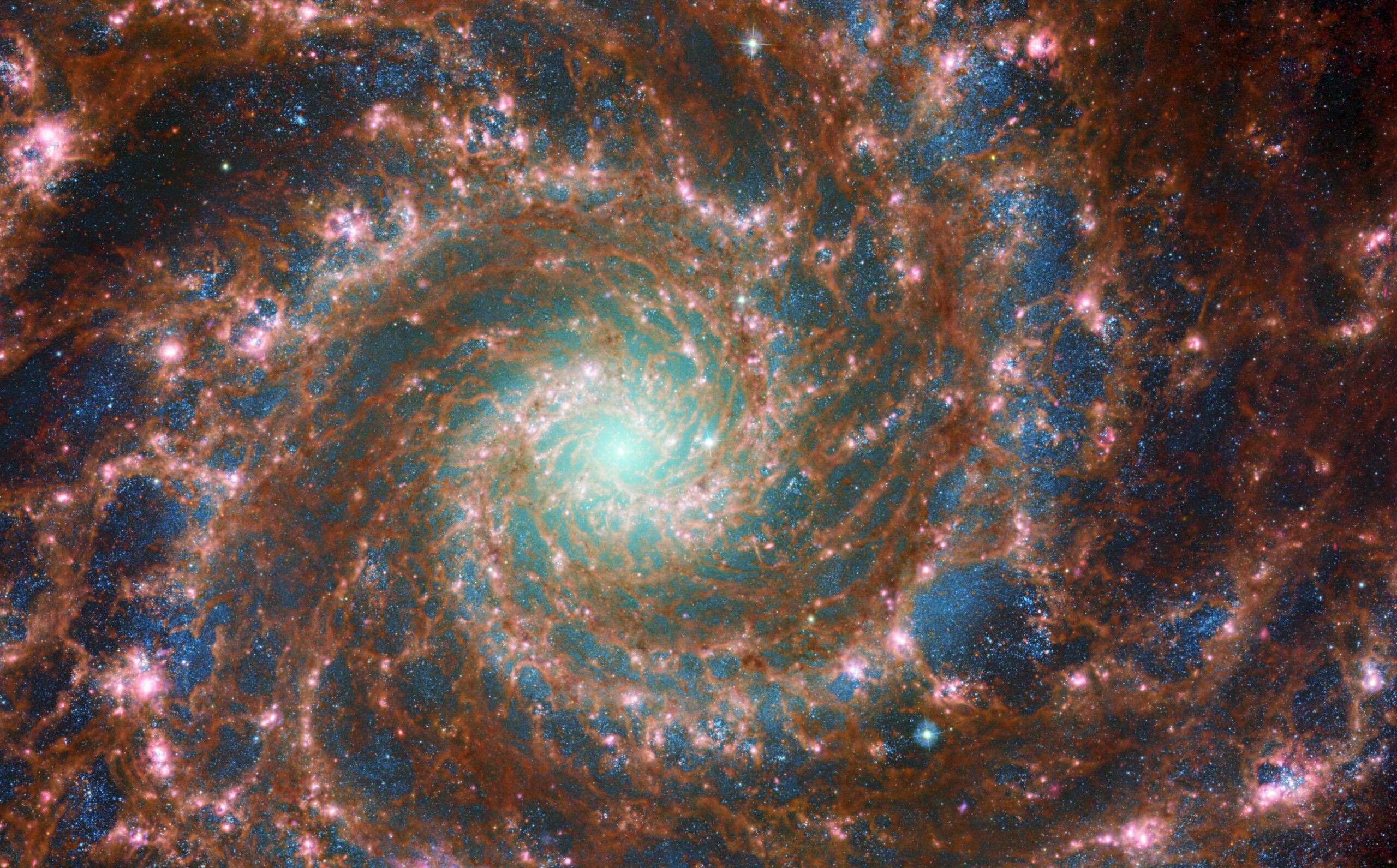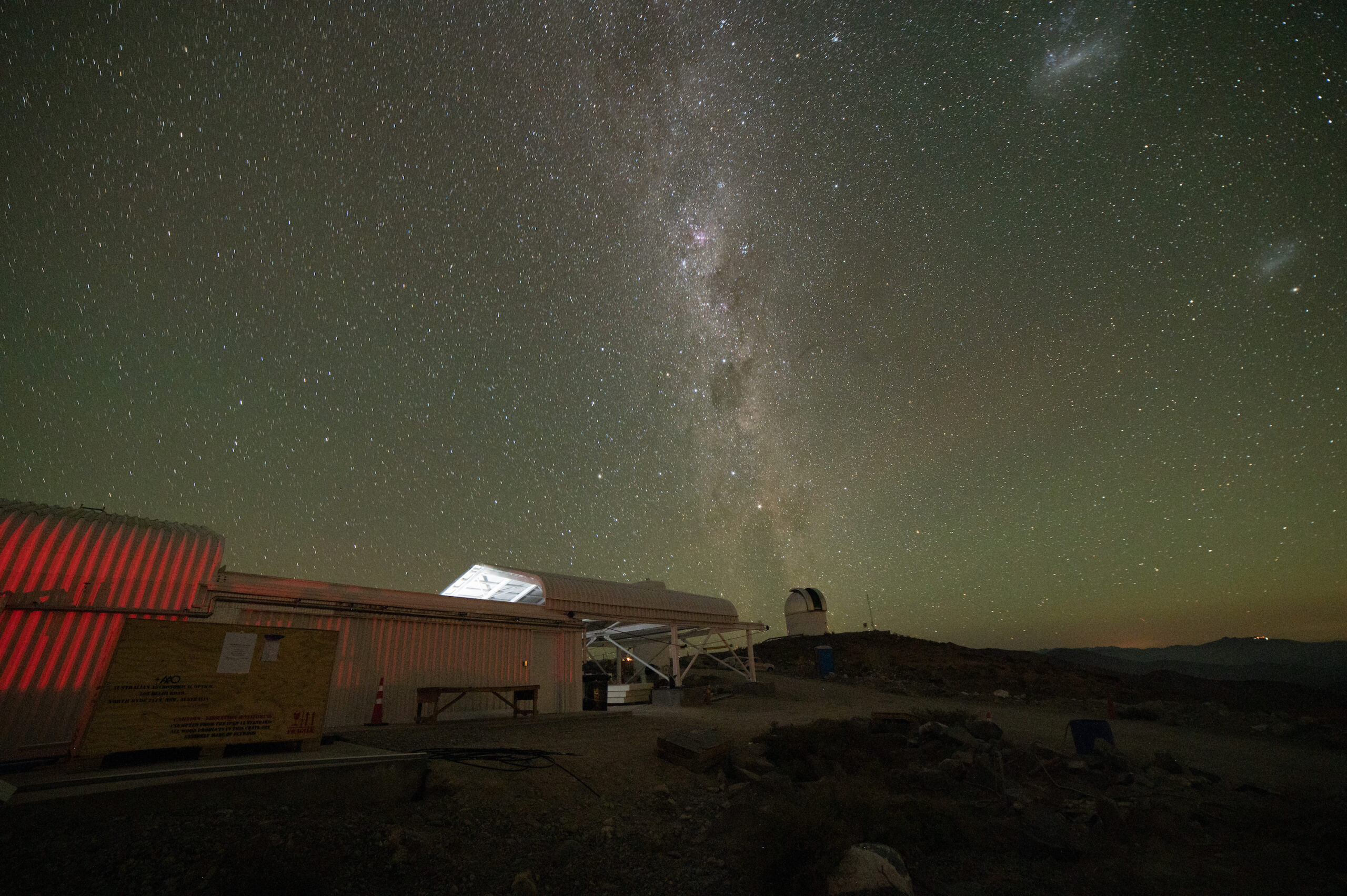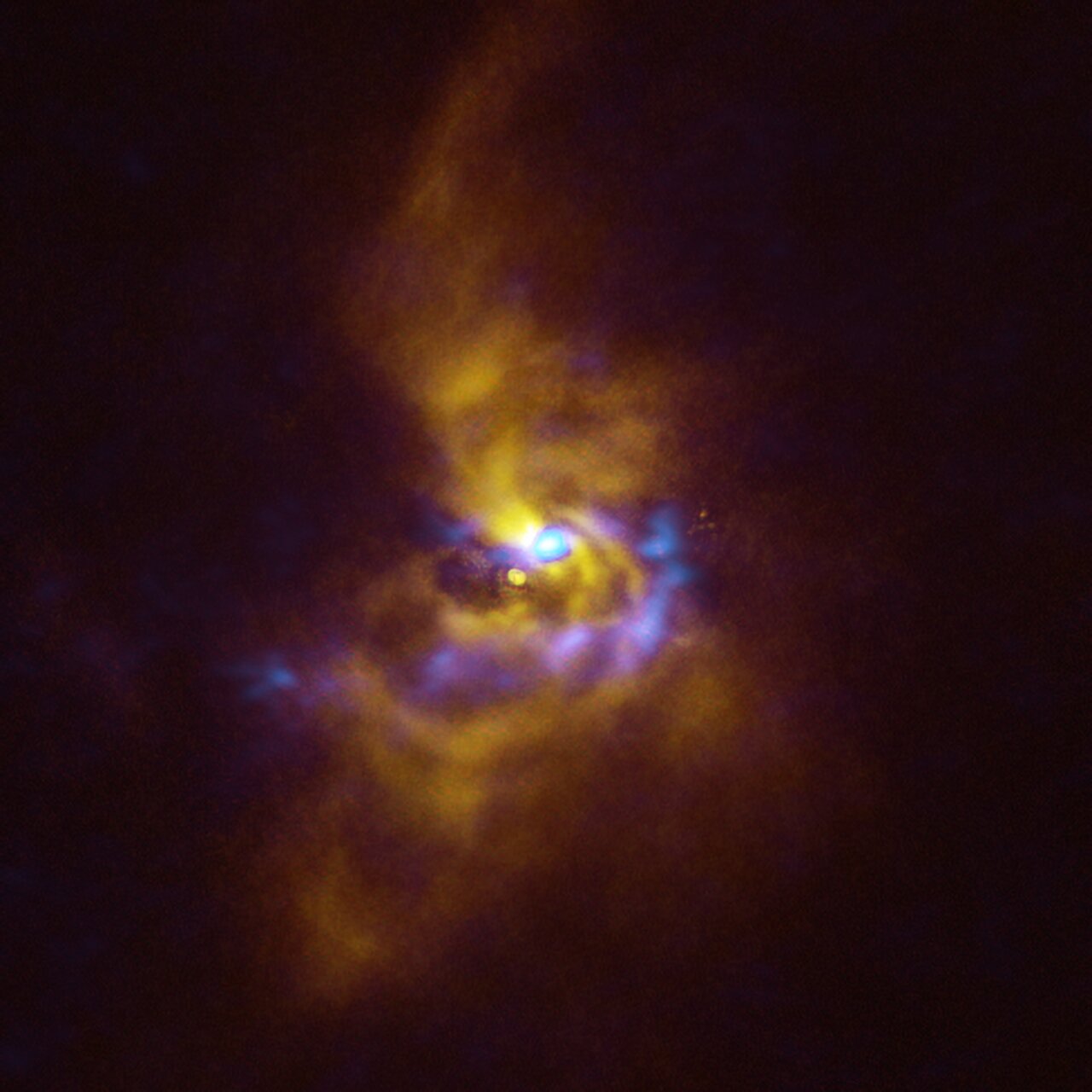
El profesor Thomas Maedler fue reconocido con el status de “revisor de confianza” por el Instituto de Física.
+
-
INVERSE COLORS
El Instituto de Física (IoP) [https://iopscience.

La forma común de medir el éxito en científicos es su numero de publicaciones de alto impacto en revistas de la Web of Sciences. Esto naturalmente involucra hacer investigación de vanguardia, y comunicar los resultados en un artículo científico. Pero para que ese artículo pueda ser publicado, tiene que pasar por un proceso de revisión por expertos. Esto es, otro experto en ese campo de investigación, que no debe ser un colega cercano a los colaboradores del artículo, debe hacer un estudio crítico y detallado del trabajo. Para eso, una vez que el artículo es recibido en la revista, editores buscan a la persona experta para revisar, la cual debe hacer este trabajo, generalmente, dentro de un mes.
Científicos y científicas saben demasiado bien que esta parte del trabajo toma muchísimo tiempo y es poco reconocida, ya que la mayoría de los reportes que se envían se hacen de forma anónima. Hacer este trabajo toma tiempo porque muchas veces requiere de hacer cálculos y leer varios artículos para asegurar que los resultados son reproducibles, correctos y el trabajo esta presentado en un contexto de literatura actual y justa. Además, científicos y científicas saben bien lo difícil que es enviar un reporte sin sesgos. Es natural que se corrija el trabajo de la competencia, y es natural sentir irritación o frustración cuando la competencia fue más rápida en llegar a los resultados, o cuando la competencia omitió citar resultados relacionados con el trabajo de la persona corrigiendo.
Muchos científicos y científicas simplemente deciden rechazar invitaciones para corregir, eso les sirve para ahorrar tiempo y poder dedicarse a trabajar en sus propia investigación. Pero la investigación debe ser publicada, y para que eso suceda, todos deben ayudar con el proceso de corrección.
Ser corrector de confianza es definido por el científico o científica que este dispuesto a hacer este trabajo seriamente. Esto es, en preparar un reporte dentro del tiempo definido por los editores. Ese reporte debe ser detallado, constructivo y sin sesgos. Esto es lo que mejor ayuda a que los autores puedan mejorar su manuscrito lo que últimamente los lleva a tener un artículo de mayor impacto.
Le damos las gracias al Profesor Maedler por su contribución en hacer El Progreso de la física justo para todos.









